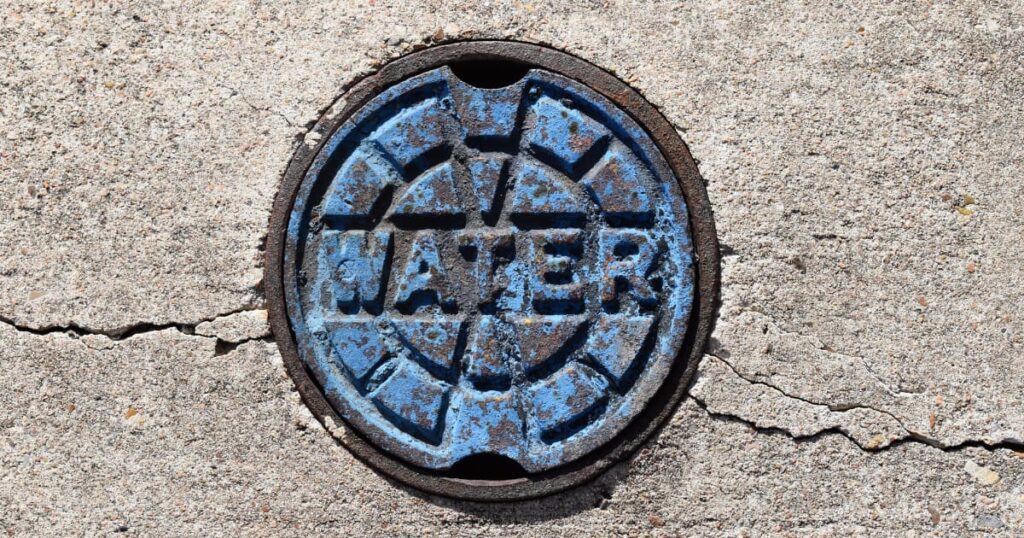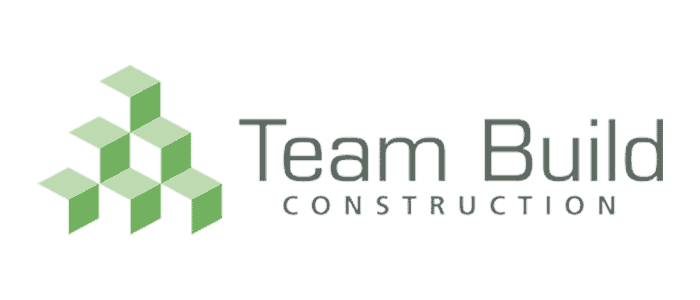
Ever wondered how a home extension or other residential construction project might affect the logistics of life on your street or in your neighbourhood? Well, that’s exactly what a build over agreement does, focussing on the impact of building work on water pipes and sewage lines.
In this article we explore the purpose of a build over agreement and how it works – covering everything you need to know before your next house renovation or extension project.
What exactly is a ‘Build Over Agreement’?
A build over agreement is a legal agreement between you (the homeowner) and your water company, which states that any work you have done on your home will not impact the company’s access to the sewer, and that your work will not negatively impact the structure of the public sewer near to or beneath your property.
It is, in essence, a way of ensuring that any work you have done will not have a negative effect on the water and sewage of your neighbourhood, and that you guarantee you will not impact the accessibility of the water company to that sewage pipe.
When might you need one?

A build over agreement tends to be necessary when you planning on a house extension or any construction work which lies within 3m of a public sewer. The agreement states that approval needs to be obtained from the water company before a project can commence, with drainage surveys providing homeowners with a quick and easy way of assessing their potential need for a build over agreement.
It is worth noting that the build over agreement and its terms are just as beneficial to the homeowner as they are to the water company, as damage to a public sewer can negatively impact the structure of your home and leave you with sewage flooding around your home.
Applying for a Build Over Agreement
The application is fairly simple provided you give yourself enough time to collate the required information and put it together into a proper application format. This includes the application form itself and the appropriate payment, as well as basic drawings of your house, the proposed extension, and the drainage system which runs closest to the project site.
The idea of the application is to give the water company the more comprehensive understanding of the project possible, including information about the drainage system below or close to your site, the access points, and the flow of sewage past your property.
How long do applications take to process?
The better the information you provide, the smoother your experience will be. Applications are normally processed within three weeks and, provided you have given over all the relevant information, the work can commence as soon as the application has been processed and approved.
Delays are generally subject to missing drawings and information, so take the time to ensure you get everything you need into your application.
What are the typical costs associated with a Build Over Agreement?
The Build Over Agreement application fee is usually around £300 though this may differ slightly depending on your local water company. You can check their website for more accurate information.
Application drawings and plans can also come at a cost, so factor this into your budget – alternatively many homeowners use slightly modified versions of their planning application drawings, which can save some of the cost.
What happens once it’s approved?
If your application is approved, it’s time to get to work – albeit under the watchful eye of the building control department of your water company, who will perform regular inspections to ensure that the drainage provision is unaffected by your project.
Are there any alternatives?
Possibly the easiest option you have is to change your design or extension plans to avoid the sewage issue altogether. Build over agreements are required when your project goes over or within 3m of the sewage pipe system, so avoiding this proximity will ensure that you don’t need to send an application at all.
Another option you have is to divert the sewer in order to avoid your extension, though again you will need to seek permission from the water company to do this and you will likely find that the input from a professional design company raises the cost of your project exponentially.
Our team are always on hand to discuss the finer points of applications such as the build over agreement and can provide advice and guidance on submitting your application to ensure the best possible chance of success.
Get in touch with us for more information.

